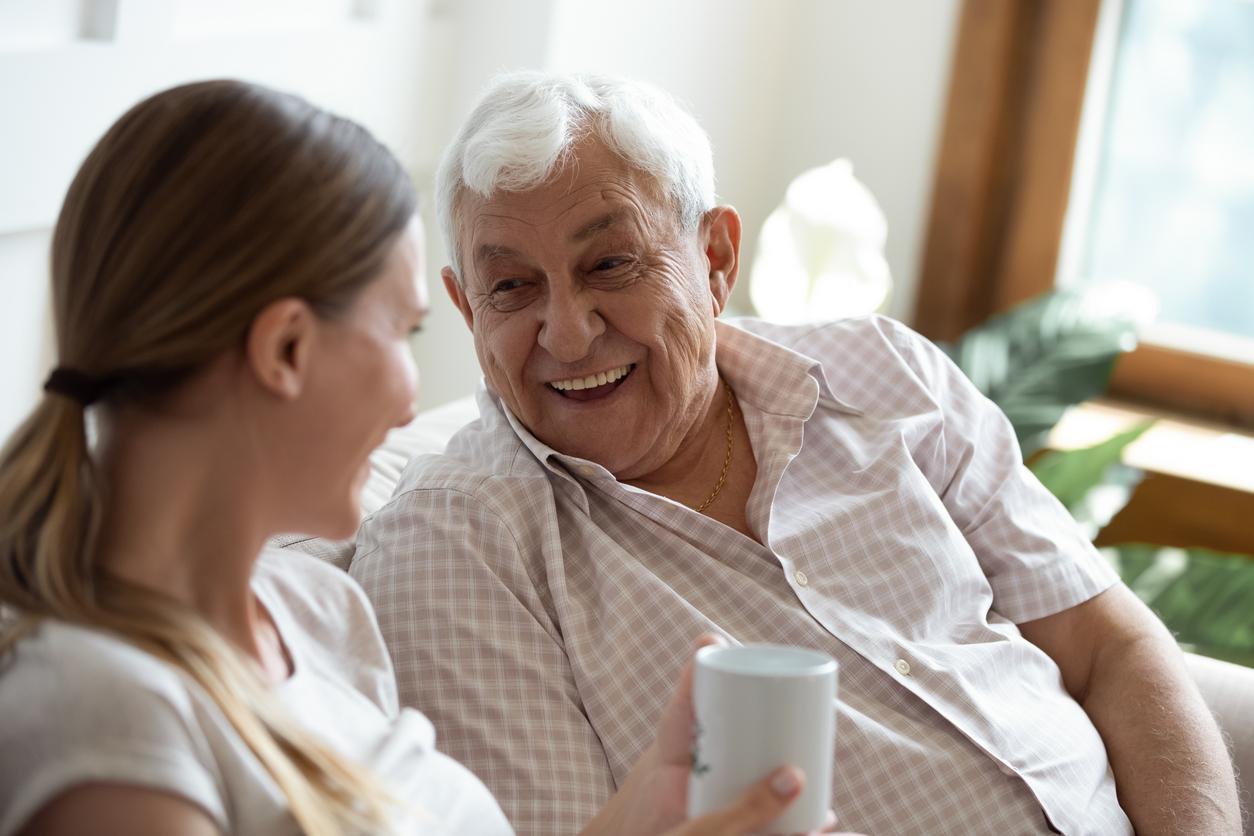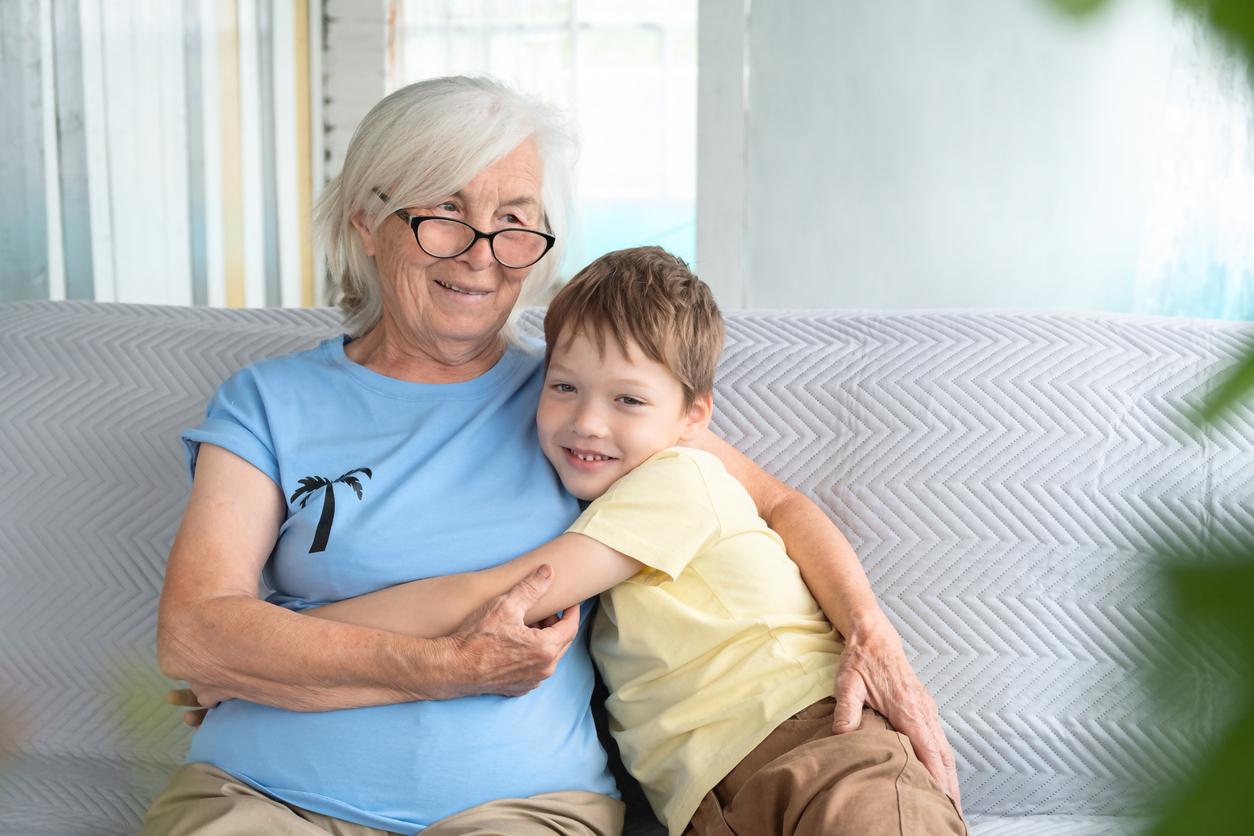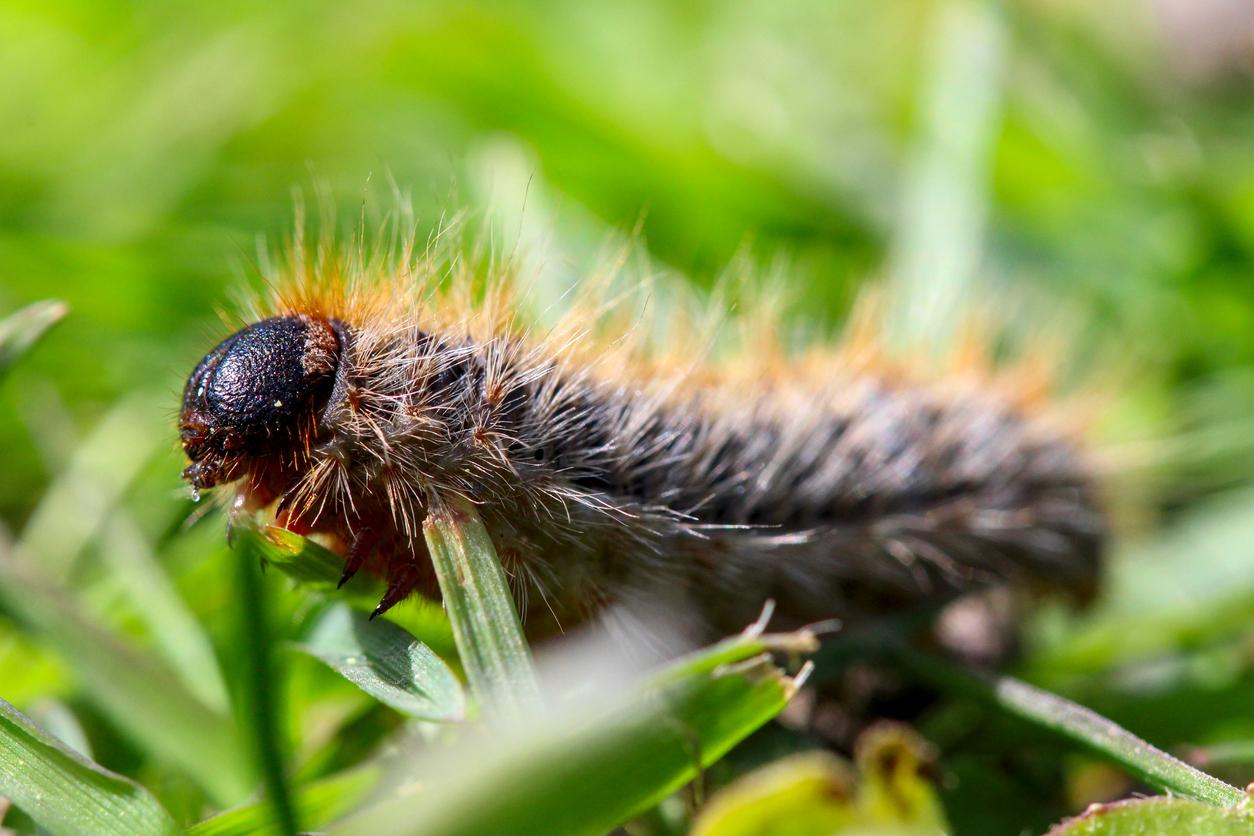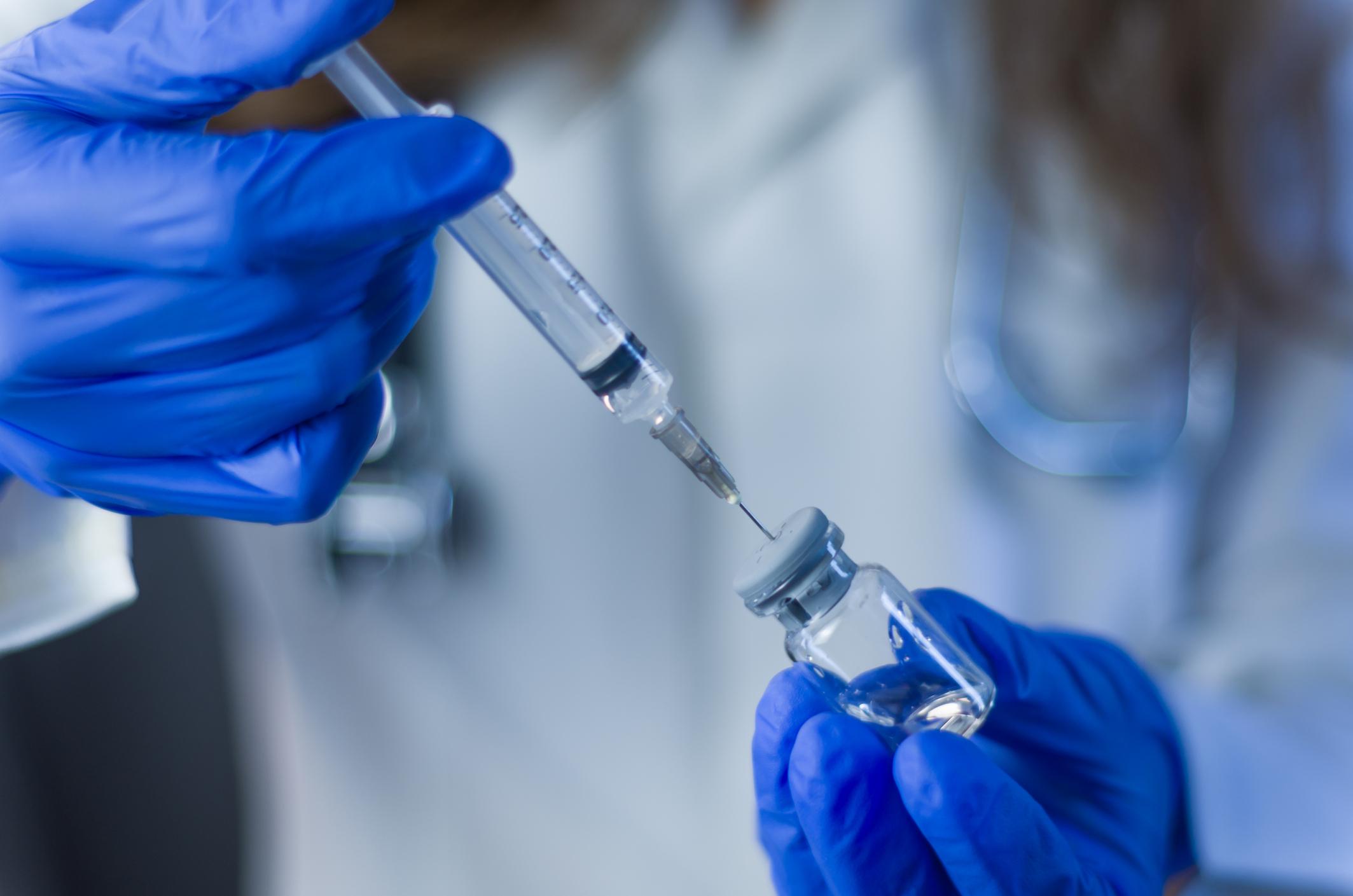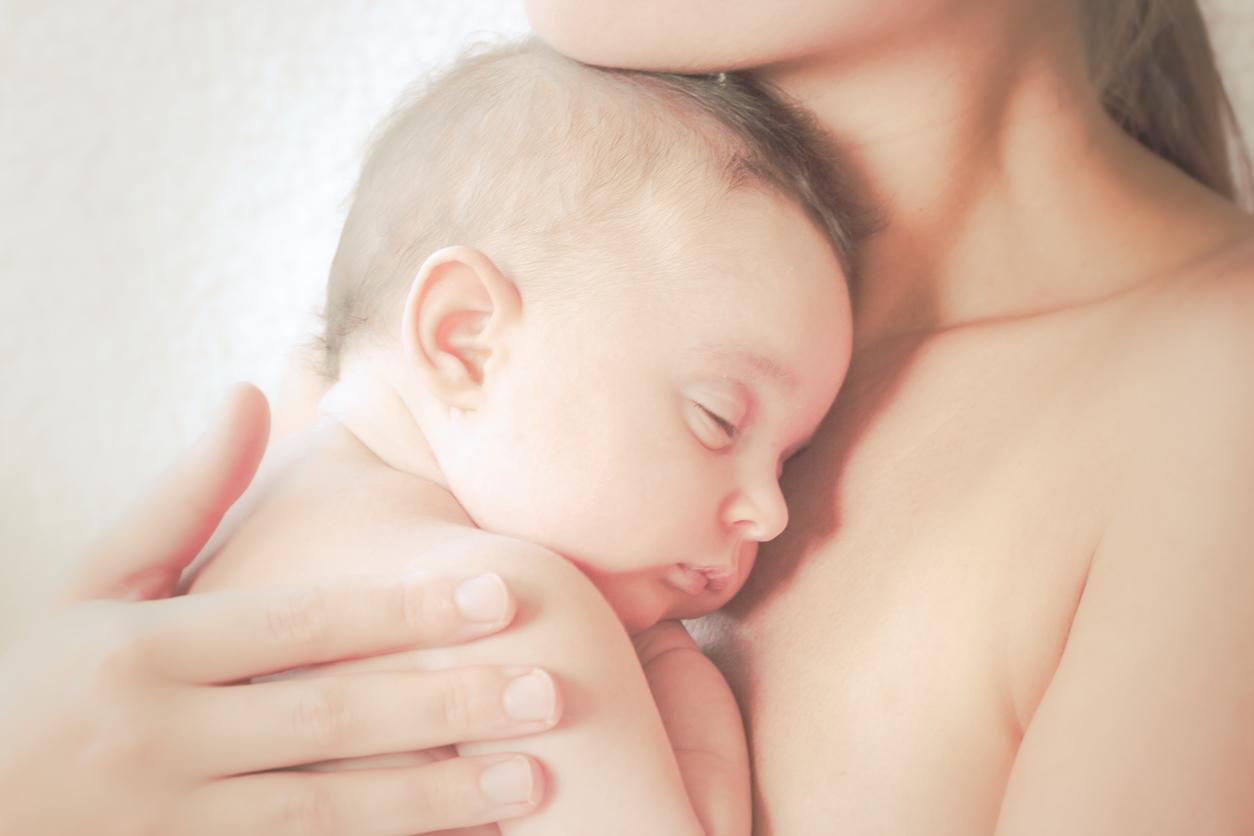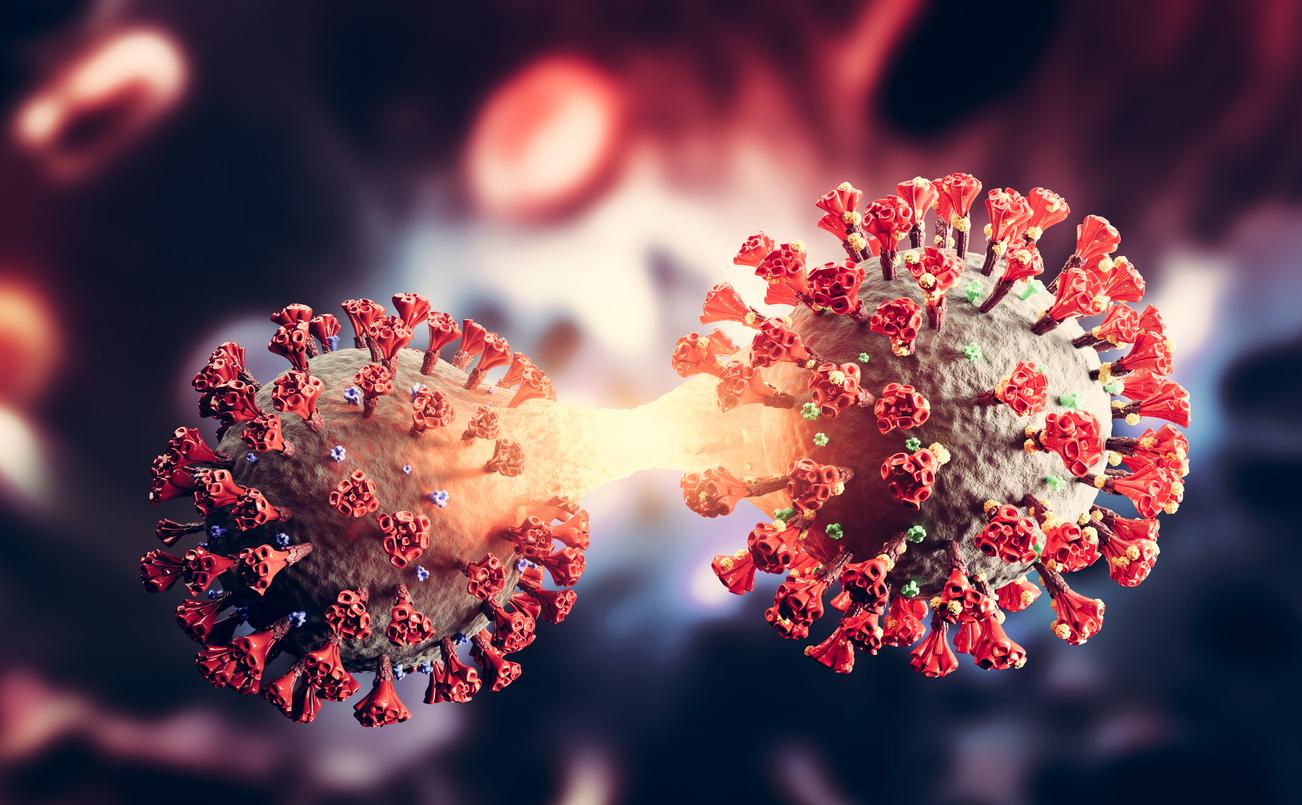- I am a contact case (vaccinated or not): what should I do?
- Definition: what is a contact case?
- How to monitor the evolution of symptoms?
- Contact case: how to benefit from a work stoppage?
I am a contact case (vaccinated or not): what should I do?
THE slowdown in the circulation of Covid-19 is confirmed throughout France. All virological indicators are down, in all age groups and metropolitan areas.
Despite this decline, it remains essential to adopt the barrier measures recommended in the event of contact at risk with someone who tested positive for Covid-19. Since March 21, 2022, the contact caseregardless of their vaccination status, are not no longer required to observe quarantine. They must nevertheless always apply barrier gestures, in particular by wearing a mask in indoor and outdoor places, limit their contact, especially with fragile people and telecommute as far as possible.
If you have been in contact with a patient, you must carry out a screening test (PCR, antigen test or self-test) two days after being notified by Health Insurance or by the positive person, regardless of your vaccination status. If the contact person is a child under the age of 12, the health instructions to be followed are the same as those for adults.
Then, two cases can occur to you:
- Case 1: your test is negative
It is possible that you are in the incubation period (you are infected but have not yet developed symptoms). If it is no longer necessary to isolate yourself in the event of a negative test after having been in contact, you must nevertheless:
- Monitor your temperature and the possible appearance of symptoms (and carry out a test in the event of symptoms);
- Strictly apply barrier measures including wearing a mask indoors and outdoors, as well as teleworking, as far as possible;
- Wear the mask at home, if you share your home with the Covid-19 positive person.
- Case 2: your test is positive
You are infected with Covid-19, therefore you are contagious. If you have carried out a self-test or an antigen test which turned out to be positive, the result should be confirmed by a PCR test. Self-isolate while waiting for the results.
Read also:Covid-19: how to treat yourself at home?
For people with a full vaccination schedule or if you contracted Covid-19 less than 4 months ago, isolation is seven days from the date symptoms started or the date of the positive test. However, it is possible to leave after five days on two conditions: carry out a PCR or antigen test whose result is negative and no longer have symptoms of Covid-19 for 48 hours. If this test is positive, stay confined until the 7the day. It is not necessary to carry out a new test at the 7e quarantine day.
For people who do not have a complete vaccination schedule, theisolation is 10 days from the first symptoms or the date of the positive sample. Exit can take place after seven days, if the positive person fulfills the two conditions mentioned above.
Definition: what is a contact case?
Two cases to be a contact case: either you have been contacted by Health Insurance, or you have spent time with someone who tested positive for Covid-19.
Attention ! If you already had the Covid-19 less than 2 months agothen you are not considered a contact case.
Imagine: this morning, you learn that your brother has tested positive for Covid-19, the disease caused by Sars-Cov-2. Problem: you had lunch with him last week without paying attention to the distance. So you become a “contact case“.
“We call “contact case” all the people who have been in “close contact” with a patient tested positive for Covid-19 (by a nasal PCR test) in the 14 days prior to this patient’s diagnosis“, clarifies Dr. William Berrebi, gastroenterologist and hepatologist, author of the podcast Thank you Doctor !
“Contact cases” are indeed likely to be infected with the coronavirus (even without knowing it: there are not necessarily symptoms) and therefore to transmit Sars-Cov-2, thus participating in the spread of the virus. ‘epidemic.
“When a patient is diagnosed positive for Covid-19 by a blood test or nasal PCR, the doctor (or the patient himself) conducts the investigation to trace contact cases potentially infected with the coronavirus“, says Dr. Berrebi.
Contact case: what definition? According to Santé Publique France, you are a contact case if:
- You shared the same place of life than the person infected with the coronavirus: you live (or have lived) together,
- you had a direct face-to-face contact and less than 2 meters away with this person. For example: you talked, you shook hands, you ate together, you spent an evening together…
- You shared a “confined space” with this person. For example: you shared the same car, you work in the same office, you took public transport together…,
- You are a teacher, nurse, dentist… and you have been in contact with a person infected with the coronavirus in a professional context.
Attention ! If you have been in “fleeting contact” with a person who tested positive for Covid-19, the health authorities consider that you are not a contact case. Indeed: the risk appears when the “close contact” has lasted (at least) for 15 minutes. “If you briefly met this person on the street or at the supermarket checkout, you are probably not infected with the coronavirus.“, translates Dr. Berrebi.
In addition, the contact must go back a maximum of 14 days before the diagnosis of the infected patient: “if you had a coffee with this person 2 months ago, you are also safe“, adds the doctor.
It should also be remembered that, even if it is no longer compulsory indoors and on public transport, wearing a protective mask against the coronavirus reduces the risk of being infected.
How to monitor the evolution of symptoms?
If you have symptoms: take your temperature twice a day. In case of fever or headache, take paracetamol: 1 gram, 3 times a day maximum (3 grams per day in total). Do not take ibuprofen or any other anti-inflammatory. If in doubt about a medicine, contact your doctor. If you have difficulty breathing, immediately call 15 (or 114 for people who are deaf or hard of hearing).
If you have no symptoms: during isolation, take your temperature twice a day and watch for any of these signs: fever (or feeling feverish), chills, cough, sore throat, nose runny, difficulty breathing or a feeling of tightness in the chest, unexplained severe tiredness, unexplained muscle aches, unusual headaches, loss of sense of smell, loss of taste for food, diarrhea. If in doubt, contact your doctor.
Contact case: how to benefit from a work stoppage?
People considered to be contact cases at risk and who cannot telework can benefit from a derogatory work stoppage, without a waiting day. To facilitate the prescription of these work stoppages, people called by the Health Insurance because of their status of contact case at risk can make their own request directly online via the website declare.ameli.fr.
Thanks to Dr. William Berrebi, gastroenterologist and hepatologist, former intern at the Hospitals of Paris, author of the podcast Thank you Doctor ! and of Viruses-animals-humans: (very) dangerous links – From AIDS to Covid-19.
Sources:
- “What happens when we have been in contact with a person sick with Covid-19?“, Ameli.fr, March 21, 2022
- General health recommendations in the fight against Covid-19Ministry of Solidarity and Health, March 15, 2022








